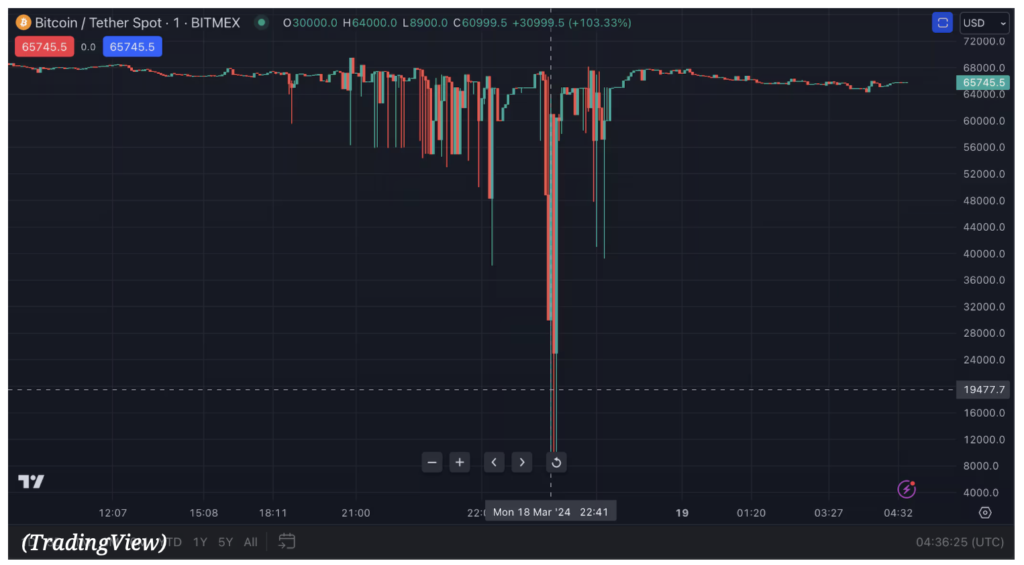The SRA quickly stated that it does not regulate any lawyers called Patrice Joyce, the email sender.
Globally, thieves are increasingly using email scams that ask for cryptocurrencies.
The Solicitors Regulation Authority (SRA) in the UK has alerted the public to a recent scam in which fake lawyers demand payment in Bitcoin via email.
The website update said that an email from the address “joyti.henchie@attwaters.co” claimed to have copied the recipient’s entire contact book and threatened to reveal the damaging recordings unless a Bitcoin payment was made.
Scam email using the name of a solicitor
The hoax email offers a link to a Bitcoin wallet that could contain malware. It pretends to be associated with reputable companies such as Attwaters Solicitors and Attwaters Jameson Hill Solicitors, while using the fictitious name “Patrice Joyce.” However, the SRA confirmed it does not acknowledge or regulate Patrice Joyce as a solicitor.
The SRA clarifies that any transactions or business conducted using the email address “@attwaters.co” are not related to legitimate companies or people it oversees. Legitimate company email addresses end in “@attwaters.co.uk” or “@attwatersjamesonhill.co.uk”.
The holder of the name used in the email address, Manjot Kaur Henchy, also known as Joytee, is a genuine lawyer employed by the respected Atwaters Jameson Hill Solicitors. Both Henchy and the company have said they are not connected to the fraudulent emails.
The SRA recommends people take appropriate precautions if they receive a suspicious letter. This includes confirming the legitimacy of the email by contacting the legal practice directly using a trusted method and checking the SRA’s records to verify the authority of the person or firm.
Email Extortion Scams
The UK regulator’s caution is another example of the need to be vigilant against email scams, and ensure that any demands for payment, particularly in cryptocurrencies such as Bitcoin, are thoroughly investigated before acting on them.
In 2019, a similar email extortion scheme emerged, this time targeting website owners who use Google’s AdSense service. Scammers asked Bitcoin for supposedly ensuring against an assault that would cause AdSense account suspension.
In 2020, New Zealand law enforcement warned of a cryptocurrency scam in which scammers extort victims by claiming to know details about their online pornographic activity. The scammers request a Bitcoin deliver and undermine to uncover the victims’ charged obscene movement if they do not pay up.
